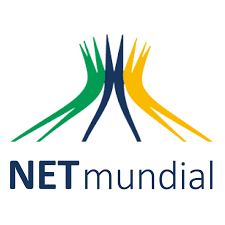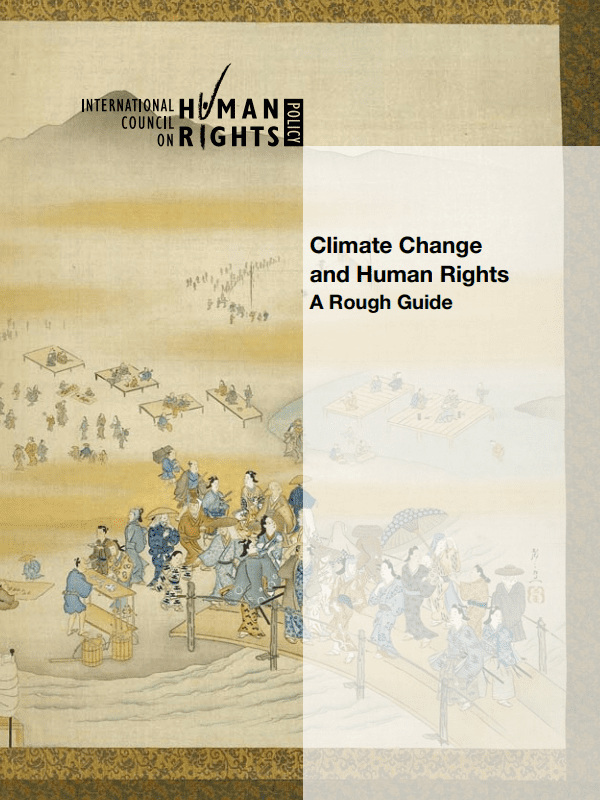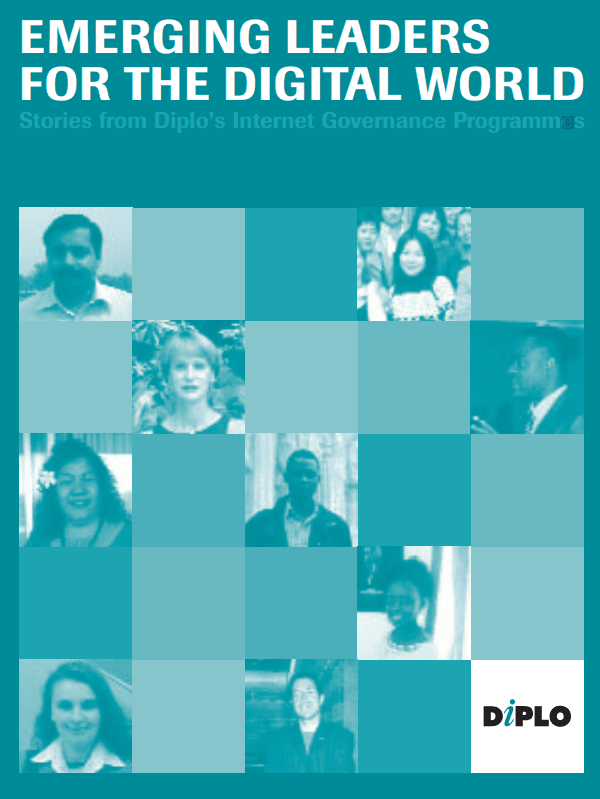Author: Natalia Enciso Benítez
Data protection on the Internet and its lack of regulation in Paraguay: adequate regulation for call centres
2011
You may also be interested in
Global Cross-Border Privacy Rules Declaration
The text discusses the need for trusted cross-border data flows to support economic growth and innovation. It introduces the establishment of a Global Forum to promote interoperability in data protection and privacy, aiming to enhance international cooperation and standards. The Forum is set to encourage the use of global systems, share best practices, and engage various stakeholders. Participation is open to jurisdictions accepting the Forum's principles, with decisions made by consensus. Regular meetings will determine activities and implementation, with the possibility of additional gatheri...

The use of Information and Communications Technology (ICTs) in human rights promotion: A case study of the African Commission on Human and Peoples’ Rights
The employment of ICT tools as a weapon of choice at the African Commission on Human and Peoples' Rights, an organ established within the African Union with a broad mandate of spearheading human rights promotion on the African Continent has not been emphasised as a crucial element in the struggle towards achieving human rights promotion and protection on the African continent, with the resulting consequence that the Commission is not as visible and known to the people that it is supposed to serve.

NETmundial Multistakeholder Statement
The NETmundial Multistakeholder Statement emphasizes the importance of a collaborative approach between stakeholders in addressing Internet governance issues. It highlights principles such as human rights, open standards, and transparent processes as key foundations for managing the Internet. The statement calls for shared responsibility, inclusivity, and diversity in decision-making processes to ensure a free, open, and secure cyberspace for all.

Empowering women in the IG process
'At the ICANN meeting in Puerto Rico last year I was not aware of anything unusual in the demographics, but in Hyderabad I noticed that while men of my age were quite well-represented, there were comparatively few women...' - Deirdre Williams from St Lucia

The use of ICT in human rights promotion: A case study of the African Commission on Human and Peoples’ Rights
The paper seeks to render a critical analysis that will lead and co-ordinate a programme of promotional work across the region, including the integration of ICT strategies in its promotional work.

Data protection on the Internet and its lack of regulation in Paraguay: adequate regulation for call centres
This research focuses on data protection regulations in Paraguay in order to analyse whether it contains provisions regulating the computerised processing of personal data and transborder data flows.

Introducing child safety in Romanian schools: Does the existing primary and secondary curriculum address online safety?
This paper examines the idea of an online child safety policy for Romania, which would provide an initiative to encourage smart online behavior in young children, prepare them to surf the Internet, and educate them to avoid its dangers. As technology develops and more and more children spend time online, they are exposed to numerous threats, dangers and potential abuse. Children need to learn how to behave online, how to critically assess their activities online and act accordingly.

From a Safer Internet to a Better Internet for Kids
The text is about transitioning from a safer internet to a better internet for kids.

How safe are we? Security risks of the social networks
We are witnessing an extreme proliferation of the social networks, which can be seen in two ways: an expansion of social network websites, and an increase in the number of people who are starting to use them. The author describes the risks associated with social networks, mostly associated with user's privacy, and the responsibility for those risks. This paper also analyses whether the rules proscribed so that social network providers can distance themselves from possible abuses are really designed to help the users be safe.

Climate Change and Human Rights: A Rough Guide
This text provides an overview of the intersection between climate change and human rights, emphasizing the impacts on vulnerable populations and the need to address these issues to protect human rights.

Emerging Leaders for the Digital World 2009
These pages contain the stories of talented people likely to play an important role in future Internet-related developments; all of them former participants in Diplo’s Internet Governance Capacity Building Programme (IG CBP) held between 2005 and 2007.

Freedom on the Net 2015
The Freedom on the Net 2015 report assesses global internet freedom, highlighting increasing government censorship and surveillance. Internet freedom is in decline due to various restrictive measures taken by governments, impacting users' rights and privacy. The report warns that the situation could worsen if unchecked, emphasizing the importance of protecting freedom of expression and online rights. Despite challenges, it also notes positive developments, such as the use of social media for activism and the expansion of internet access.

Tackling privacy issues
'It is necessary to focus the IGF discussion on the real problems associated with the collection and use of personal information. The reality is that there is very little that consumers can do today to protect their personal data...' - Katitza Rodriguez from Peru
The latest from Diplo and GIP
Tailor your subscription to your interests, from updates on the dynamic world of digital diplomacy to the latest trends in AI.
Subscribe to more Diplo and Geneva Internet Platform newsletters!
Diplo: Effective and inclusive diplomacy
Diplo is a non-profit foundation established by the governments of Malta and Switzerland. Diplo works to increase the role of small and developing states, and to improve global governance and international policy development.


